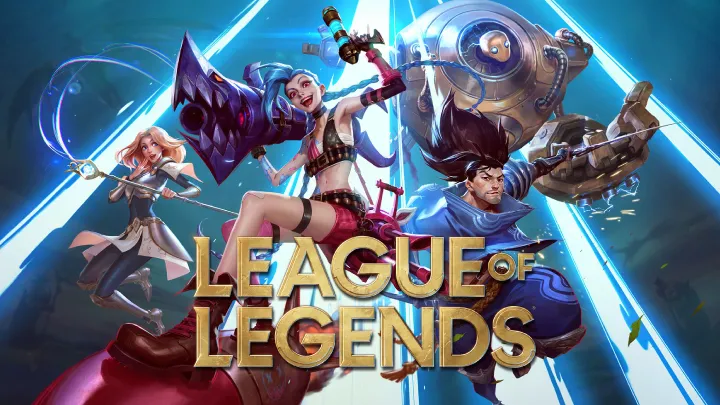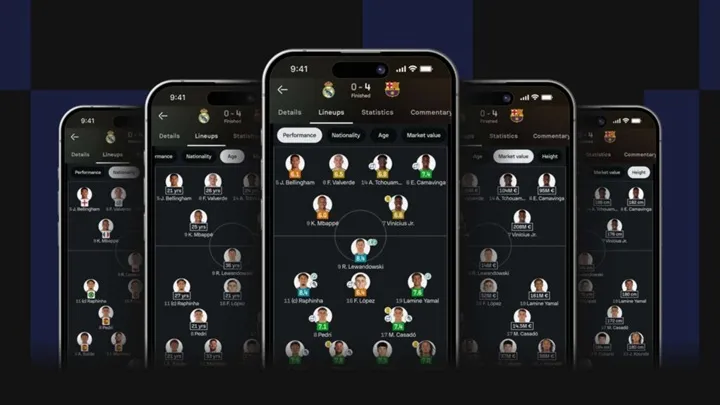Video games have evolved from simple pixels on a screen to immersive worlds that connect billions of people globally. Some games do not just entertain—they redefine entire genres, inspire developers, and even influence culture at large. In this article, we will explore the most influential games in gaming history, looking at how they shaped technology, gameplay mechanics, storytelling, and the industry as a whole.
Pong (1972) – The Spark That Ignited Gaming
When Atari released Pong in 1972, the world witnessed the dawn of the video game industry. It was a simple two-dimensional tennis game, yet it became a cultural phenomenon.
Why It Was Influential
- It proved that video games could succeed commercially.
- Established arcades as social spaces for gaming.
- Inspired countless developers to experiment with interactive entertainment.
Without Pong, the mainstream gaming industry might never have taken off in the 1970s.
Space Invaders (1978) – The Birth of Arcade Mania
Space Invaders became the blueprint for arcade gaming. Its simple but addictive gameplay had players defending Earth from waves of descending aliens.
Lasting Impact
- Popularized the concept of "high scores," encouraging competition.
- Sparked the golden age of arcades worldwide.
- Paved the way for shooter games and enemy-wave design.
Super Mario Bros. (1985) – Defining Platformers
Nintendo’s Super Mario Bros. did not just save the gaming industry after the 1983 crash—it reinvented it. Shigeru Miyamoto’s design emphasized smooth controls, exploration, and fun.
Why It Stands Out
- Defined platformers as a genre.
- Introduced iconic level design techniques still used today.
- Made Mario one of the most recognizable characters in entertainment.
Tetris (1984) – Simplicity with Endless Depth
Created by Alexey Pajitnov in the Soviet Union, Tetris proved that video games didn’t need elaborate graphics to be timeless.
Its Influence
- Universal appeal across cultures and ages.
- Pioneered puzzle games as a genre.
- Bundling with the Game Boy in 1989 helped make handheld gaming explode in popularity.
The Legend of Zelda (1986) – Birth of Adventure Gaming
Nintendo once again set a standard with The Legend of Zelda. It introduced open exploration, secrets, and a nonlinear approach to gameplay.
Innovations
- Save systems allowed long-term progression.
- Blended puzzle-solving, combat, and exploration.
- Became the foundation for future RPGs and open-world titles.
Doom (1993) – Shaping First-Person Shooters
When Doom hit PCs in 1993, it revolutionized gaming. Its fast-paced action, immersive 3D environments, and multiplayer features created the modern FPS.
Legacy
- Launched the FPS boom in the 1990s.
- Inspired level modding and fan communities.
- Laid the foundation for games like Quake, Half-Life, and Call of Duty.
Pokémon Red & Blue (1996) – A Cultural Phenomenon
Nintendo’s Pokémon Red & Blue took the world by storm with its “Gotta Catch ’Em All” appeal.
Impact
- Combined RPG mechanics with collecting.
- Expanded into a multimedia empire: TV, movies, trading cards.
- Established handheld gaming dominance for decades.
Half-Life (1998) – Storytelling in First-Person
Valve’s Half-Life changed expectations of narrative in FPS games. Instead of cutscenes, it integrated story seamlessly into gameplay.
Contributions
- Revolutionized environmental storytelling.
- Advanced AI enemy design.
- Laid groundwork for Half-Life 2, Portal, and the Source Engine.
The Sims (2000) – Life Simulation Revolution
Will Wright’s The Sims wasn’t about saving worlds or defeating enemies—it was about everyday life.
Why It’s Important
- Popularized life simulation as a genre.
- Brought gaming to broader demographics, especially casual audiences.
- Sparked discussions on creativity and digital self-expression.
World of Warcraft (2004) – The MMORPG Standard
Blizzard’s World of Warcraft became the king of online role-playing games, with millions of players exploring Azeroth together.
Its Influence
- Mainstreamed MMORPGs.
- Established persistent virtual worlds.
- Influenced later titles like Final Fantasy XIV and Destiny.
Minecraft (2011) – Creativity Without Limits
Minecraft gave players a sandbox with endless possibilities. With blocks, players could create entire worlds, fueling creativity.
Legacy
- Inspired educational uses in schools.
- Created a massive community-driven ecosystem.
- Defined sandbox gaming for a generation.
Fortnite (2017) – Redefining Social Gaming
Epic Games’ Fortnite turned battle royale into a cultural juggernaut. Beyond gameplay, it became a social hub and digital stage.
Innovations
- Popularized the live-service model.
- Hosted in-game concerts and events.
- Blurred lines between gaming and social platforms.
Grand Theft Auto V (2013) – The Open-World Benchmark
Rockstar’s GTA V raised the bar for open-world design with its massive city, multiple protagonists, and immersive storytelling.
Why It’s Influential
- Became one of the best-selling games ever.
- Revolutionized online multiplayer with GTA Online.
- Influenced countless open-world titles.
Closing Thoughts
From the pixel simplicity of Pong to the sprawling universes of Minecraft and GTA V, each influential game left an indelible mark on gaming history. These titles didn’t just sell well—they inspired, innovated, and redefined what video games could be.

















